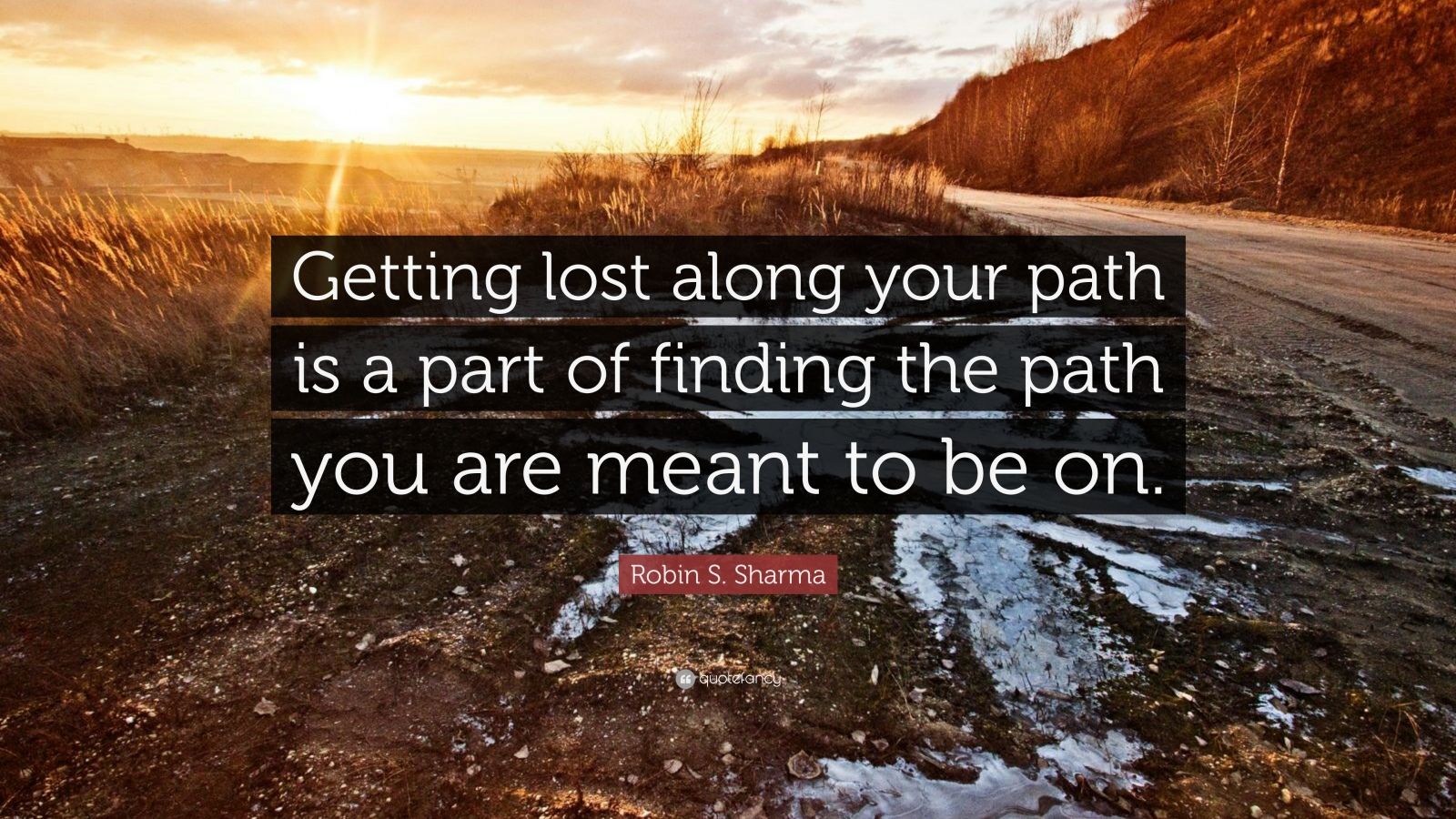The Bahá’í faith offers an intriguing perspective on spirituality, encapsulating the essence of being “spiritual but not religious”. This concept invites individuals to explore a path that transcends traditional religious confines while still delving into profound spiritual truths. In the first part of this discourse, we embark upon the journey of finding one’s path through the lens of Bahá’í teachings.
Consider this: if spirituality is a personal voyage, what compass guides you? The Bahá’í teachings suggest that each individual is bestowed with the inherent capacity to seek and discern their spiritual truths. This invites a playful yet profound question: can you navigate your spiritual journey without an established doctrine, and how might that challenge conventional beliefs?
Understanding the dichotomy between spirituality and religion is essential. Religion often embodies structured doctrines, rituals, and communal practices. In contrast, spirituality emphasizes personal experience, inner exploration, and the pursuit of connection with the divine. The Bahá’í faith encapsulates this dichotomy, advocating for an approach where personal insight complements collective wisdom. It invites individuals to engage in their spiritual searches, all while fostering a sense of unity with humanity.
Finding your path within Bahá’í teachings requires acknowledging the significance of personal exploration. Every individual is unique, with distinct life experiences and perspectives. Hence, the first step in this journey is the cultivation of self-awareness. Engaging in reflection allows one to recognize personal beliefs, values, and aspirations. This self-discovery process may involve contemplative practices, such as prayer and meditation, serving as tools for introspection.
Navigating one’s spiritual path can present a formidable challenge, particularly in a world saturated with diverse beliefs. The Bahá’í teachings encourage seekers to embrace an open-minded approach towards differing viewpoints. By fostering a spirit of inquiry and dialogue, individuals can cultivate a richer understanding of their spiritual identity. This openness to learning extends beyond the confines of tradition, embracing the global landscape of beliefs as an invaluable tapestry of wisdom.
As you traverse this landscape, the principle of independent investigation of truth emerges as a cornerstone of Bahá’í thought. Rather than accepting beliefs based solely on dogma or societal norms, individuals are encouraged to actively engage in their pursuit of understanding. This principle calls for the examination of various teachings, philosophies, and spiritual practices, allowing for the harmonization of truth that resonates personally. The guiding question here may be: how do you discern what is true for you amidst the cacophony of divergent narratives?
Moreover, the Bahá’í faith places substantial emphasis on the interconnectedness of all people. It advocates for a universal approach to spirituality that transcends geographical and cultural boundaries. This perspective challenges the notion of spiritual elitism, proclaiming that all paths can lead to the same divine source. Embracing this interconnectedness allows seekers to benefit from the wisdom of others, fostering a sense of community and shared purpose.
In the quest for spiritual authenticity, embracing the transformative power of love and service becomes paramount. This ethos posits that true spirituality cannot thrive in isolation; rather, it flourishes in the context of relationships and mutual respect. Love, as espoused in Bahá’í teachings, is not merely an emotion but an active commitment to the well-being of others. Service becomes a vehicle for personal growth, offering opportunities to engage and uplift communities. This raises an intriguing inquiry: how might engaging in acts of service illuminate your spiritual path?
Another fundamental aspect of Bahá’í teaching is the integration of science and religion. While traditional perspectives often compartmentalize these domains, Bahá’í thought advocates for an inherent harmony between them. This confluence encourages individuals to seek knowledge and understanding in various fields while nurturing their spiritual lives. The question, therefore, becomes: can the pursuit of scientific inquiry enhance your spiritual journey?
The Bahá’í approach also recognizes the importance of the changing nature of human understanding. Acknowledging that knowledge is progressive allows individuals to adapt their beliefs as they encounter new insights. This principle of adaptability is a vital element in sustaining one’s spiritual journey. It reassures believers that evolving their understanding is not a departure from faith but an integral part of its manifestation.
In fostering a personal relationship with the divine, the Bahá’í faith encourages the practice of prayer as a means of communion. Prayer serves as a bridge connecting individuals with the spiritual realm, offering solace and guidance during times of uncertainty. The diversity within the structure of prayer—from formal supplications to spontaneous expressions—invites individuals to engage with spirituality in a manner that feels authentic. One might ponder: what forms of prayer resonate most deeply with your own spiritual experience?
Lastly, one of the most striking aspects of the Bahá’í teachings is the emphasis on the unity of humanity. In recognizing the oneness of all people, the faith challenges individuals to rise above prejudices and divisions. This unity is not merely a concept; it is a call to action. Engaging in activities that promote understanding and cooperation among diverse groups enhances one’s spiritual journey, enriching the path forward. Does your understanding of spirituality inspire you to contribute to the unity of humanity?
In conclusion, the Bahá’í teachings provide a rich framework for those seeking to navigate their spiritual paths. The journey is a deeply personal endeavor, marked by self-discovery, openness, love, service, and unity. By embracing these principles, individuals can foster spiritual growth that resonates with their authentic selves. The exploration of spirituality, free from conventional religious constraints, becomes not only a possibility but an empowering rite of passage.
